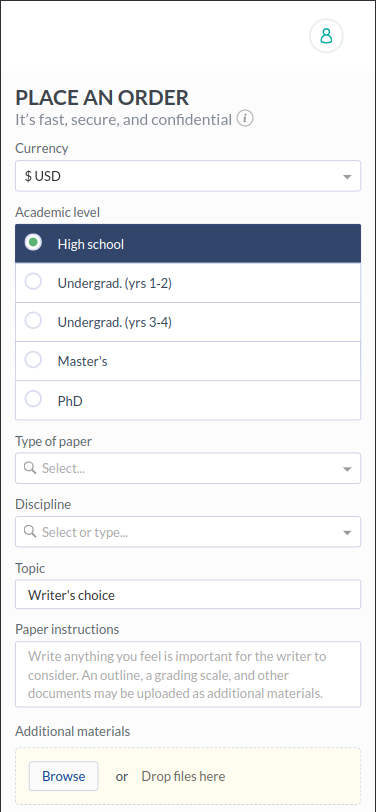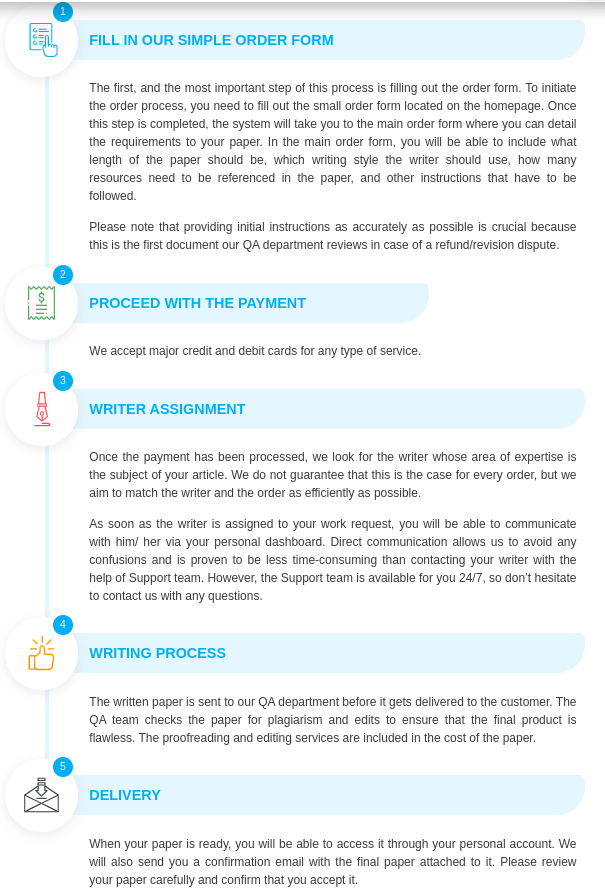Buddy Theodore ihuman Case Study
Assignment
Patient’s Name: Buddy Theodore
Age: 5years
Gender: Male
Informant: Mother
Subjective
Reason for Encounter: kindergarten-well child evaluation
HPI (History of Present illness): the patient, Buddy Theodore, is a 5-year-old male who presents in the company of one of her mothers, Jill Morgan, for a kindergarten well-child evaluation. He reportedly demonstrates appropriate growth and development for his age and has no significant present or past medical problems. They have recently migrated to a new area where Buddy is expected to begin school. Jill informs that Buddy missed his scheduled immunizations at four years of age and he is scheduled for school enrollment.
Current Medications: none
Allergies: none
Pertinent PMHx: the mother denies significant present or past medical history of acute or chronic illnesses. He missed his scheduled immunization at 4-years of age.
Social Hx: the mother denies the child being exposed to secondhand smoke, he comes from a two-mother family
Fam Hx: the mother acknowledges a history of cervical dysplasia, Buddy’s second mother has a history of migraines and birth father by artificial insemination
Review of Systems
General: the mother denies chills, fevers, night sweats, or a sore throat
HEENT: the mother denies frequent headaches, difficulty hearing, eye/ear pain, abnormal eye/ear discharge, loss of smell or loss of taste
Respiratory: the mother denies difficulty breathing (DIB), cough, wheezing, or shortness of breath (SOB)
Cardiovascular/Peripheral Vascular: the mother denies facial or peripheral edema,
Gastrointestinal: the mother declines changes in the child’s appetite, abdominal pain, and constipation, changes in weight, vomiting, or nausea
Genitourinary: the mother denies the child experiencing difficulty or pain with urination, blood stained urine, increased urinary frequency, hesitancy, or urgency
Musculoskeletal: the mother denies the child’s inability to take part in physical activities,
Neurological: the mother denies the child experiencing dizziness, fainting episodes, seizures, or syncope
Psychiatric: the mother denies the child feeling sad all the time, crying, visual or auditory hallucinations
Skin/Integumentary: the mother denies easy bruising, bleeding, itching, skin trauma and abrasions
Objective
General: Patient is AOX4
VS: Temp: 98.4 °F, BP- 96/64 HR-80bpm (apical), RR-24bpm, O2 sat-99% RA, Height-43”, Weight- 40lb, BMI-15.2
General Appearance: Buddy is an overall healthy, happy, and well-developed five-year-old male.
Skin/Integumentary: there is no bruising or signs of trauma, no eczema, or lesions
HEENT: no strabismus, PEBRL, bilateral visual acuity 20/20, external ear canals normal, tympanic membranes are normal and intact, bilateral hearing is grossly intact, no hypertrophy of the tonsils, dental development is normal for age, with no signs of active dental disease, and has a good dental hygiene, the thyroid is of normal size for age, with no masses, or cervical lymphadenopathy.
Respiratory/Chest: On inspection, Buddy’s chest is symmetrical with a normal anterior-posterior diameter, no rashes, scars, or masses, the chest moves symmetrically with respiration without accessory muscle use or retractions. On palpation, there are no masses, tenderness, or lumps, there is a normal tactile fremitus without enlargement of the thoracic lymph nodes. On percussion, the lung fields are resonant. On auscultation, there are no wheezes, crackles or crepitations.
Abdomen (GIT): on inspection, there are no scars, dissension, or masses. Normal bowel sounds on all abdominal quadrants on auscultation. On palpation, the abdomen is non-tender, there is no herniation, or hepatosplenomegaly.
Genitourinary: tanner stage 1, good hygiene, bilaterally descended testis that is normal to palpation, normal circumcised make genitalia, and no signs of inflammation or discharge.
CNS: Buddy has a normal balance, stance, and gait
- Primary Diagnosis and ICD-10 code
- Routine child health exam without abnormal findings ICD10 – Z00.129: Buddy presented in the company of his mother Jill Morgan for a wellness evaluation before starting kindergarten school in September after relocating to a new area. One of Jill’s greatest concerns was that Jill was not up to date with his 4 y/o immunizations. A well-child evaluation grants a clinician the ability to identify significant issues related to a child’s social, physical, psychological, and emotional development that can impact his overall growth, development and wellbeing (Turner, 2018). According to Buddy’s history and physical exam findings, he is a healthy and happy well-developed 5-year-old boy demonstrating appropriate growth and developmental milestones for his age. He has no significant family, present, or past medical history of concern.
Plan
- Additional laboratory and diagnostic tests:
- None
- Consults:
- None
- Therapeutic Modalities: Pharmacological And Nonpharmacological Management
- Since the scheduled immunizations at 4 y/o were not completed, they must be done on this visit to ensure school enrollment. Based on the CDC recommendations, Buddy should receive the following immunizations (Robinson et al., 2018);
- MMR (2nd dose)
- VAR (varicella vaccine) (2nd dose)
- DtaP (5th dose)
- IPV (4th dose)
- Since the scheduled immunizations at 4 y/o were not completed, they must be done on this visit to ensure school enrollment. Based on the CDC recommendations, Buddy should receive the following immunizations (Robinson et al., 2018);
- Social Determinants of Health (SDoH)
- Assess and evaluate for immunization-related health literacy
- Emphasize on social integration and growth of social skills
- Availability of playground
- Determine access to healthy food options
- Health Promotion
- Lead questionnaire
- Tuberculosis questionnaire
- Objective hearing screening
- Objective vision screening
- Patient education: Explanations and advice given to patient and family members.
- Talk about the safety tips for children
- Discuss about vaccine-related adverse reactions and ask the mother to watch out for them
- Counsel the other about disease preventive measures and address any vaccine-related concerns she might have (McKee & Bohannon, 2016). During the counselling session, inform the mother the significance of strictly observing the routine immunization schedule
- Disposition/follow-up instructions:
- Buddy’s mother should return immediately should Buddy develop serious immunization-related adverse reactions. However the next follow-up visit should be at 6-years-old.
References
McKee, C., & Bohannon, K. (2016). Exploring the reasons behind parental refusal of vaccines. The journal of pediatric pharmacology and therapeutics, 21(2), 104-109.
Robinson, C. L., Romero, J. R., Kempe, A., Pellegrini, C., & Szilagyi, P. (2018). Advisory committee on immunization practices recommended immunization schedule for children and adolescents aged 18 years or younger—United States, 2018. Morbidity and Mortality Weekly Report, 67(5), 156.
Turner, K. (2018). Well-child visits for infants and young children. American family physician, 98(6), 347-353.
Our expert nursing writers at nursingassignmentservice.com can do your Buddy Theodore ihuman Case Study Assignment, place your order here.




